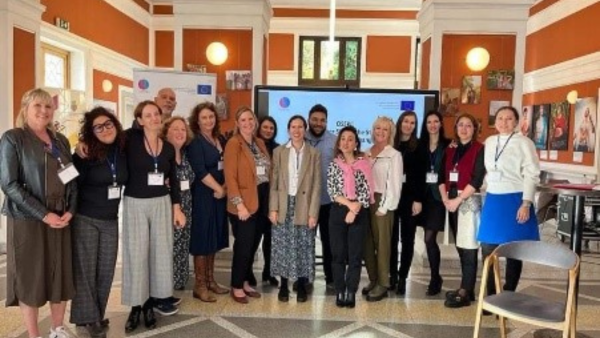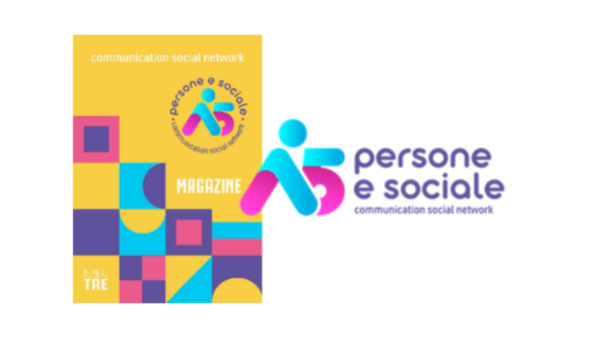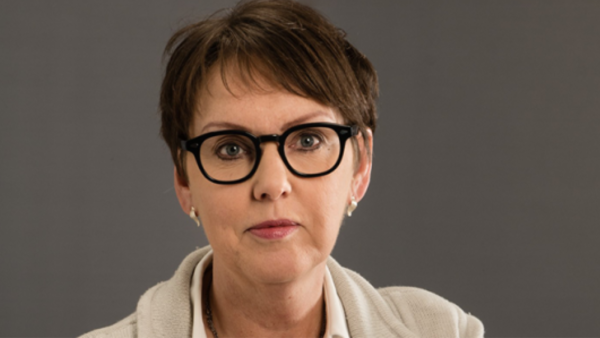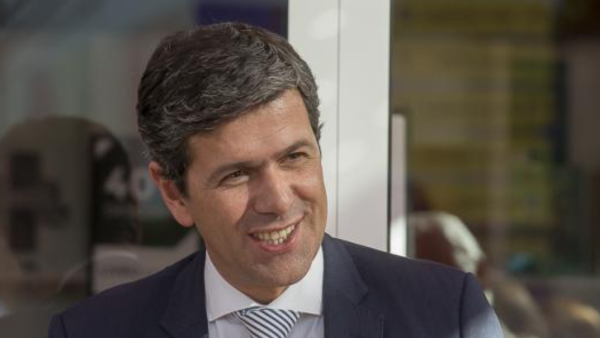Developing a Quality System for Social Care Services in Greece
“Youth Listening”: supporting young people through local and person-centred social services
Supporting marginalised families with autistic children
Fundamentals of good communication toolkit aims to support those working in children’s services
Empowering women in the care sector
Fostering Regional Collaboration for Social Innovation and Inclusive Services
Empowering Lives: The City of Ghent's plan to eradicate poverty
Embracing diversity with personalised and co-designed interventions
Supporting families with autistic children
Raising awareness about stereotypes: the power of words
Promoting inclusion of people with disabilities in Madrid
Ending violence against women through perpetrator programmes
Tackling Social Inclusion through Minimum Income
Empowering people with poor mental health in Ireland
Compartir es vida – combating loneliness and social isolation for older adults
Promoting well-being of older people through active listening and empathy
More inclusive decision-making to increase the quality of social services
Co-production is crucial to ensure quality in adult social care
Connecting people in the social sphere
Unlocking the potential of digital services to empower homeless people in Spain
Providing integrated care for older people in Bolzano, Italy
SAMU Foundation’s approach to ensure equal access to humanitarian aid
Supporting children in need of parental care and their care givers
Adding value to older people’s lives through fostering active ageing
The Swiss Conference for Social Welfare: Supporting further education to tackle the precarities of a shifting labour market
Using a ‘traffic light’ risk assessment tool to improve efficiency, quality, and safety of service provision
Video CVs challenging misconceptions around employment of people with intellectual disabilities
Promoting social inclusion for young people leaving care
Promoting the importance of evidence-based standards in children’s social services
Using virtual reality to improve the care of people living with dementia
Ensuring a more holistic approach to support children in need
The benefit of working together for the delivery of social services
Equality and efficiency: guaranteeing equal rights and possibilities for every citizen
Promoting autonomy of children and young people with intellectual disabilities
Improving children's futures
Individual plans for young people integration
Strength-based Working and Community Led Support
Strategic Plans should promote social inclusion and social services quality
Building a positive narrative around social services
Everyone has the right to a decent living
















































